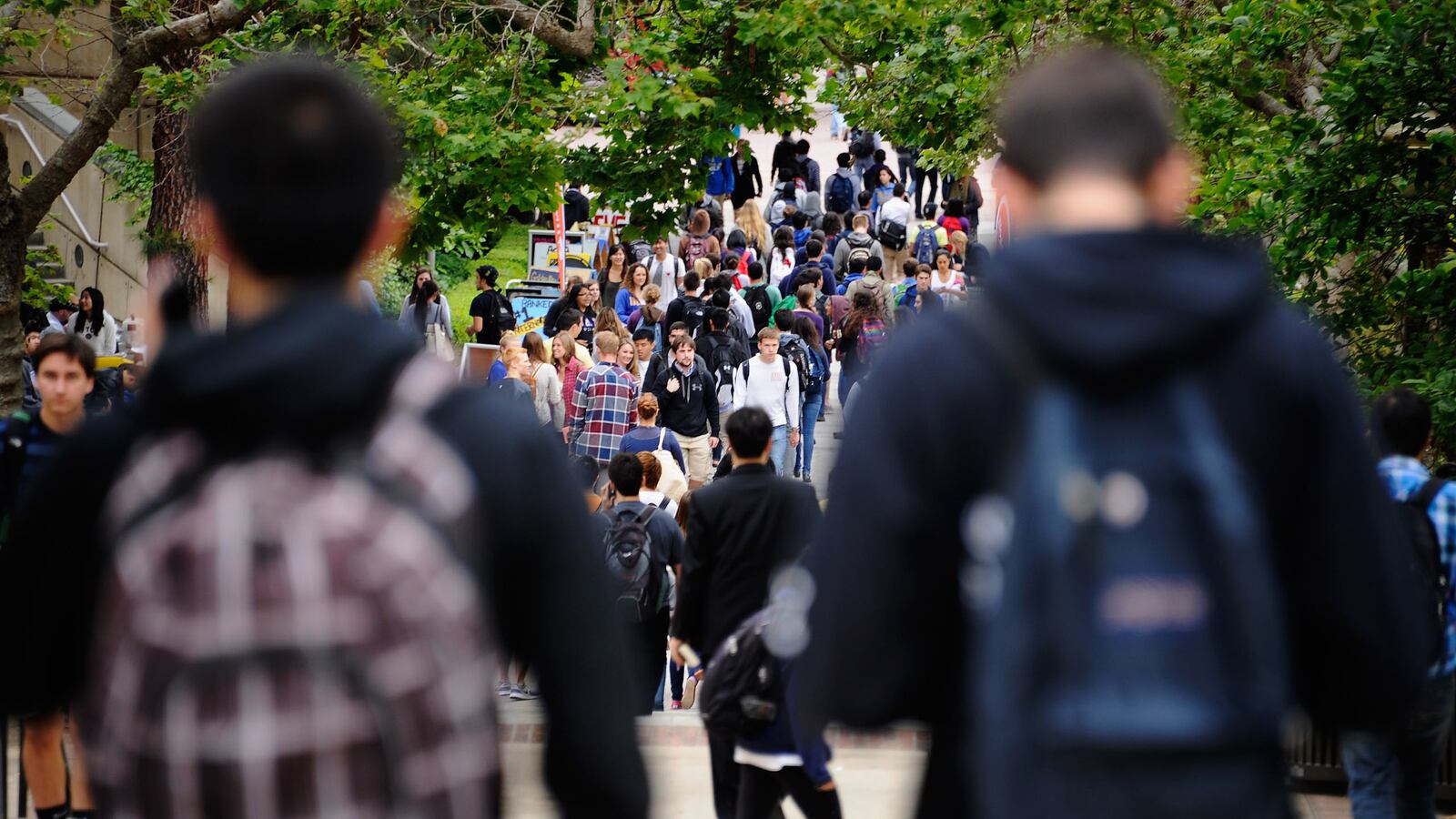More than 40 percent of U.S colleges and universities have not conducted a single sexual assault investigation in the past five years, according to a new survey released by Senator Claire McCaskill (D-MO) Wednesday.
“That is hard to believe, and obviously very problematic,” McCaskill said. These schools, she continued, were either “in denial or incompetent” with regard to sexual assault on campuses.
The visibility of college sexual assault as a problem, and momentum behind the issue, has increased dramatically over the past year. The White House created a task force to combat the campus quandary, Congress has held a series of roundtables to give voice to victims' advocates, and media interest has spiked over sexual assault statistics at top-tier colleges, including the Ivy League.
Failure to investigate all sexual assault incidents. Failure to train staff and students to respond to sexual violence. Failure to obtain information about the scope of the problem. Failure to provide sufficient support for victims. These were all problems identified in the first-of-its-kind survey featuring responses from hundreds of colleges and universities, conducted to guide coming Senate legislation on campus sexual assault.
More than one-fifth of schools did not investigate all of the sexual assault incidents they reported to the Department of Education.
Conflicts of interest were also a problem, the survey revealed. In 22 percent of schools, the athletic department was given oversight for sexual violence cases involving student athletes—something McCaskill viewed as “borderline outrageous.”
“It is hard enough to get a victim to come forward when there is at least a perception that the process is going to be fair,” she said. “On some campuses, the athletic departments are the most important entities that exist.”
The survey also showed a broad series of problems with the way educational institutions provided support for victims of sexual assault: only 16 percent of colleges conducted anonymous surveys to determine the scope of the problem on campus; just 51 percent of institutions provided a hotline for victims; one-fifth of schools didn’t provide sexual assault response training for members of faculty and staff.
The survey was conducted in part to guide the current legislative effort to craft a campus sexual assault bill in the Senate.
McCaskill is working with Democratic colleagues Kirsten Gillibrand and Richard Blumenthal, as well as Republicans Chuck Grassley, Marco Rubio, Kelly Ayotte and Dean Heller on a package of reforms she hopes to introduce by late August or early September.
The goal, McCaskill said, is to “not make this legislation overly complex… focusing on… empowering victims, supporting victims, [providing] adequate training and [facilitating] coordination with law enforcement.”
The survey, conducted by the Senate subcommittee on Financial and Contracting Oversight, featured responses from 236 institutions of higher learning, including 49 of the country’s 50 largest public universities. The colleges surveyed were not named in the report, so as to encourage frank responses.






